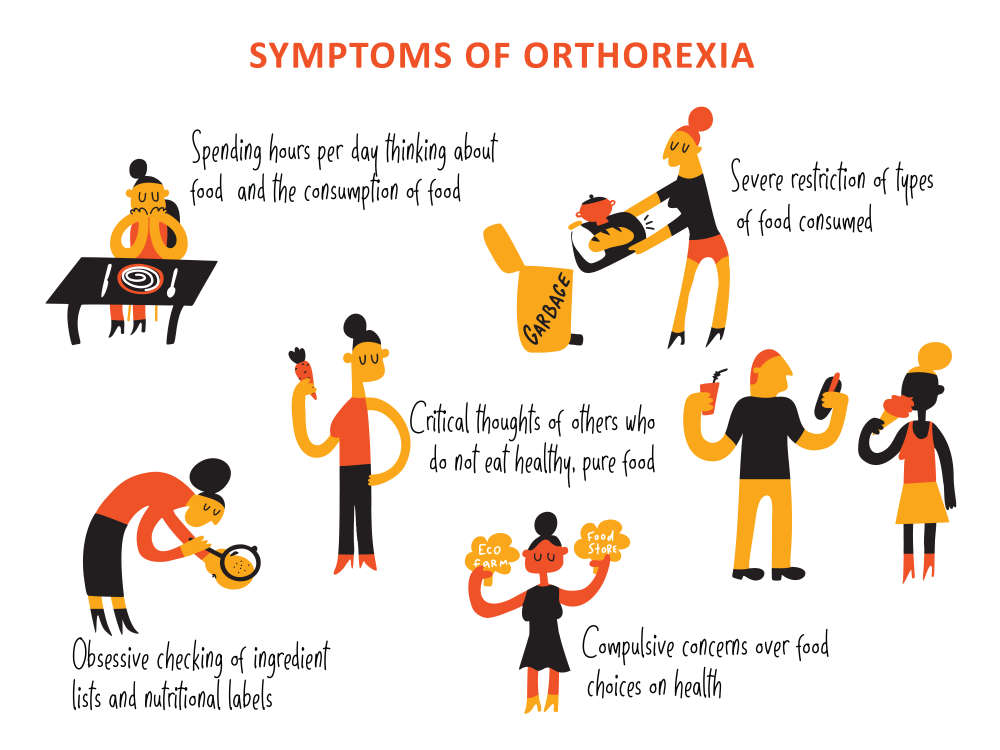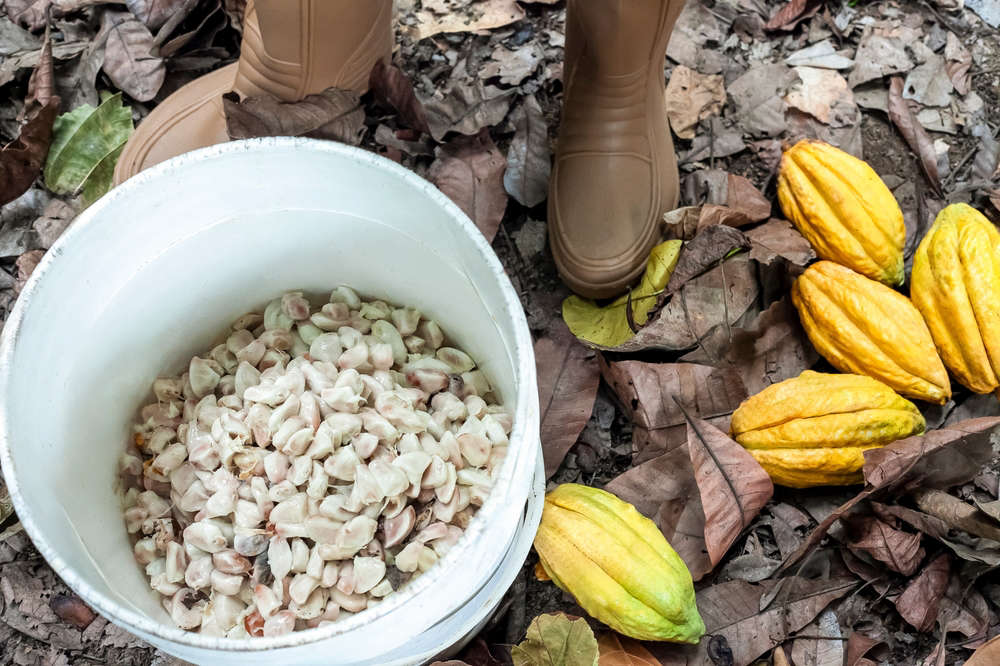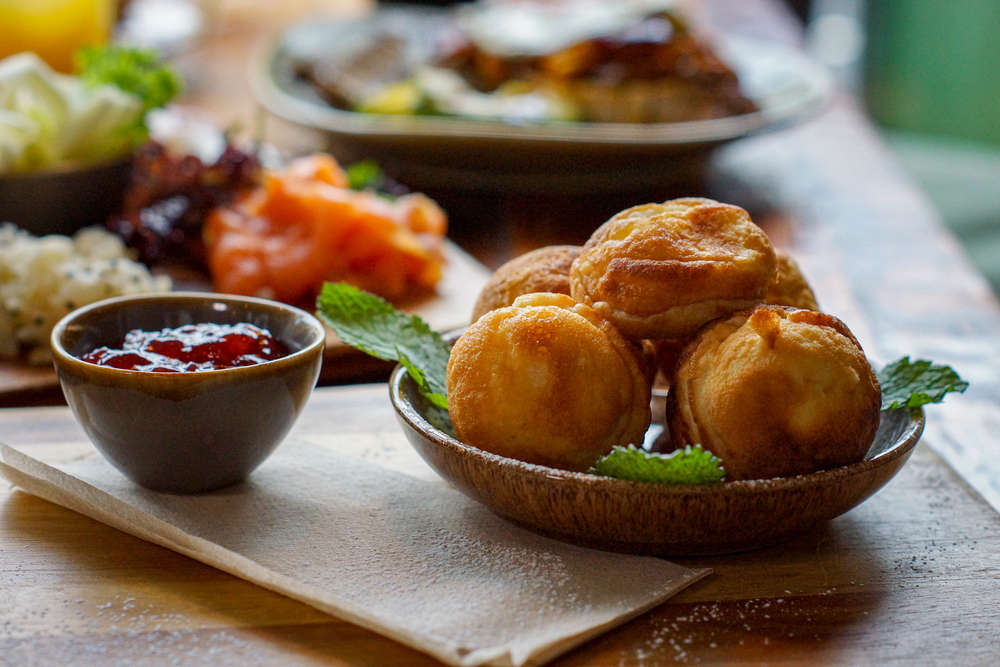
Eating a healthy diet is a vital part of staying well. But, like most things, balance is key — and if it’s taken too far, even healthy eating can became an eating disorder.
That's the message from a UK charity during Eating Disorders Awareness Week (February 28 – March 6.)
Orthorexia is described by the eating disorder charity Beat as an unhealthy obsession with eating ‘pure’ food.
That in itself might not sound too terrible, but the problem is that rather than just trying to eat healthily, people with orthorexia can feel anxious, guilty or even unclean if they eat food they’ve come to regard as ‘unhealthy.’
As a result, they may end up cutting out essential nutrients or whole food groups, with rigid rules around what they can and can’t eat.
Speaking to mark Eating Disorders Awareness Week, Tom Quinn, Beat’s director of external affairs, said:
“Orthorexia describes an unhealthy fixation with eating food that’s considered pure or ‘clean’. Signs may include cutting out food groups, seeming fixated on having a healthy diet, or feeling anxious about mealtimes.
“While eating disorders are mental illnesses that don’t always have physical symptoms, people with orthorexia may also show signs of malnutrition, such as low energy levels or feeling cold more often.”
So what are the signs somebody might be affected by orthorexia?

Cutting out ‘unhealthy’ foods
— People with orthorexia may eliminate foods or food groups from their diet because they think they’re unhealthy, such as high-calorie foods, or those containing sugar or fat, and the types of foods they stop eating may increase over time.
Being obsessed with healthy eating
— Their fixation on healthy eating may interfere with their relationships or working life.
Being judgemental about food
— They may seem to judge what other people eat.
Feeling powerless to stop
— People with orthorexia may have a set of personal eating rules which they just can’t ignore, even if they want to.
Feeling guilty
— They feel anxious, guilty or ‘unclean’ if they eat a food they think is unhealthy.
Depression
— They suffer from low mood or depression, and have difficulty concentrating.
Physical signs
— If someone with orthorexia cuts out important food groups or nutrients, they may develop malnutrition and lose weight, feel weaker and tired, take a long time to recover from illness, feel cold and not have much energy.
Recovery is possible
Quinn says recovery from orthorexia is possible, and stresses that getting specialist treatment as early as possible is the best way to recover.
He adds that the theme for this year’s Eating Disorders Awareness Week is #TimeToChangeLives, which is campaigning for all UK medical schools to introduce proper training about eating disorders.
Medical students currently spend less than two hours throughout their entire medical degree studying eating disorders, says Beat, and a fifth of UK medical schools don’t provide any training on eating disorders at all.
If you’re worried about your own or someone else’s eating, consult your GP or contact Beat. Regional helpline details are available online.

 Five Amazing Chocolate Varieties Worldwide You Must Try
Five Amazing Chocolate Varieties Worldwide You Must Try
 Five Unique Pancake Combinations Around The World
Five Unique Pancake Combinations Around The World
 Five Of The Most Wondrous Ancient Ruins In The World
Five Of The Most Wondrous Ancient Ruins In The World
 Five Of The Most Inhospitable Places on the Planet
Five Of The Most Inhospitable Places on the Planet
 Five Animals You Wouldn’t Believe Are Kept as Pets
Five Animals You Wouldn’t Believe Are Kept as Pets
Comments
Add a comment